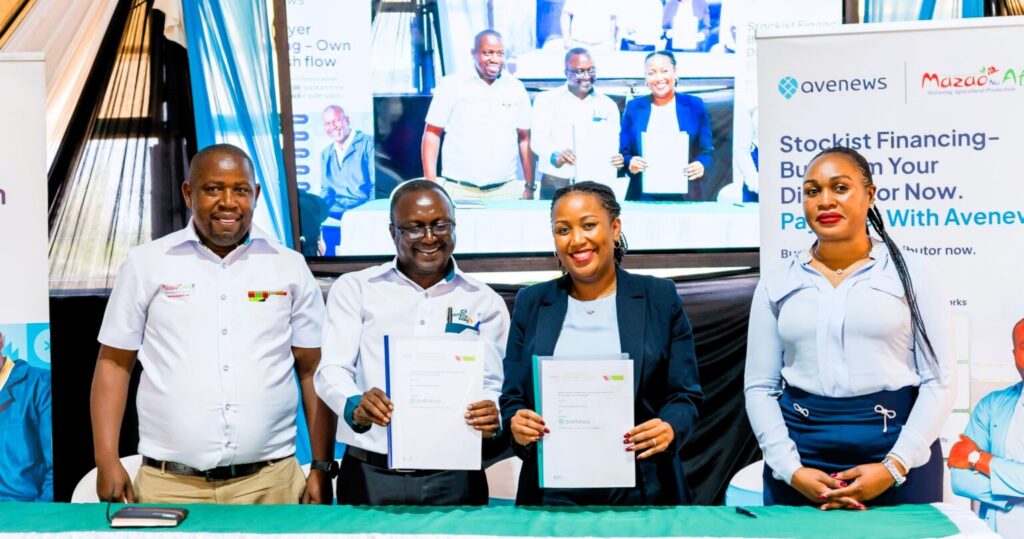A transformative stockist financing model is changing how agrodealers and stockists in Kenya access agricultural inputs. The new approach allows agro-retailers to restock without upfront cash, thanks to a digital financing solution that pays input distributors directly and enables stockists to repay later.
This model addresses a critical liquidity gap that agrodealers often face, especially during peak planting seasons. Traditionally, stockists struggled to restock on time due to lack of working capital. With this financing model, input distributors receive immediate payment, while stockists get timely access to seeds, fertilizers, and other farm inputs. They can then repay the financing over a flexible period aligned with their sales cycle.
The model is designed around trust and data. It leverages longstanding trade relationships between distributors and their network of agrodealers, along with transaction history, as a basis for financing. Trust becomes the new collateral, replacing traditional financial requirements like fixed assets or credit history.
Distributors benefit by avoiding locked capital and focusing on supply efficiency, while stockists are empowered to serve farmers without delay. Farmers, in turn, gain consistent access to quality inputs when they need them, regardless of season.
The digital nature of the product ensures transparency and efficiency. All processes from onboarding to repayment are fully digitized, enabling real-time tracking and seamless integration into the existing supply chain.
This financing model is not limited to agrochemicals. It’s scalable across various segments of the agriculture sector, including seeds, fertilizers, and even manufacturing. Any distributor with an established network of stockists can be onboarded, provided they supply genuine and high-quality inputs. The goal is to support the entire ecosystem by ensuring input availability is never disrupted by capital shortages.
By removing the financial burden from agrodealers and easing pressure on distributors, the model creates a win-win across the value chain. The end result is a more resilient and responsive agricultural system that ensures inputs flow efficiently from distributor to stockist to farmer all powered by a smart, cashless financing mechanism.

